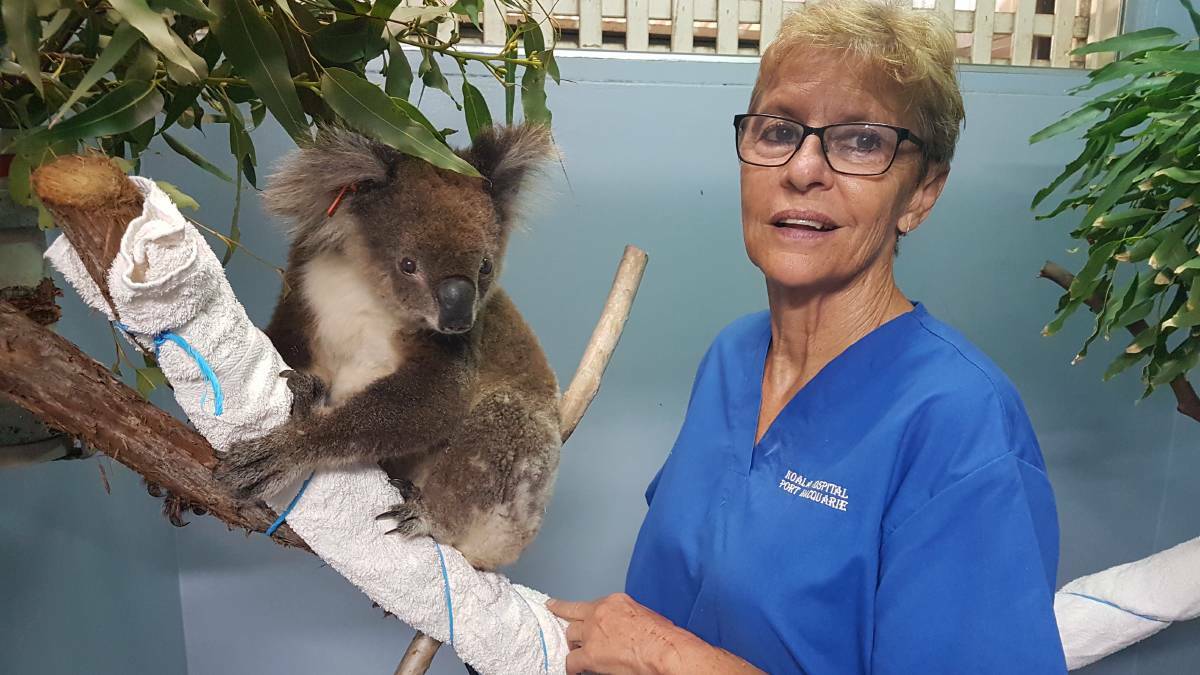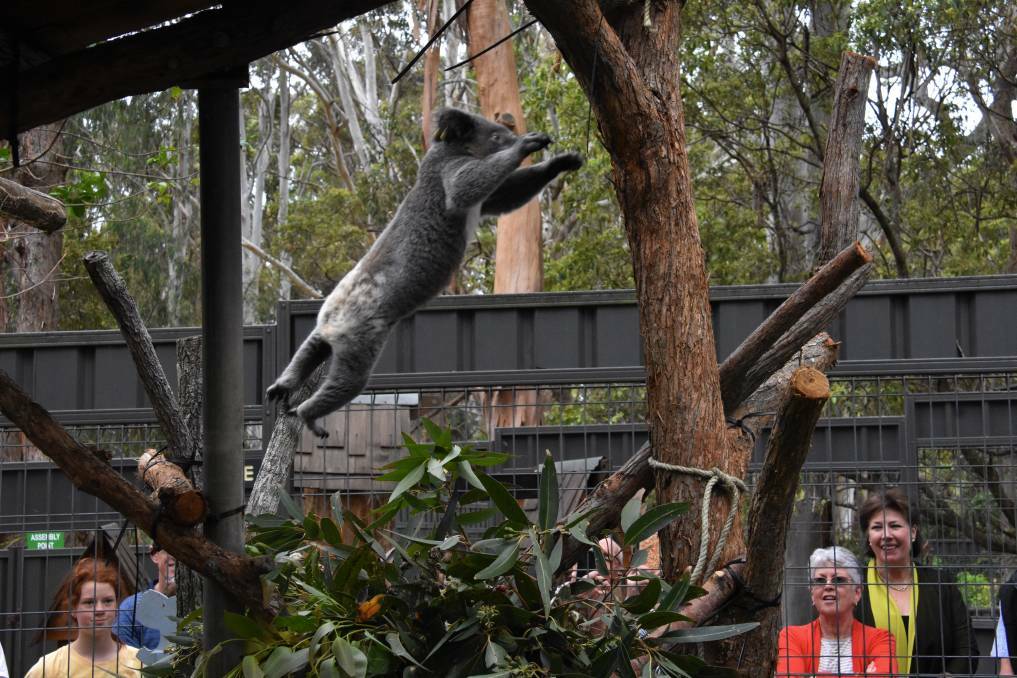
Hundreds of koalas will be jabbed as part of a chlamydia vaccine trial in a major move for the survival of the species.
Subscribe now for unlimited access.
or signup to continue reading
The third phase of the trial is being run collaboratively by the University of Sunshine Coast, Queensland University of Technology, Australia Zoo and CSIRO.
Four hundred koalas will be microchipped and injected with their first dose starting from October 15 at the Australia Zoo Wildlife Hospital. Other trials are planned for Moggill Koala Rehabilitation Centre, RSPCA Wildlife Hospital and select wild populations.

USC professor of microbiology Peter Timms said the vaccine could play a long term role in the survival of koalas, especially in South East Queensland and NSW where chlamydia affects 50 per cent or more of the koala population.
"The vaccine has now passed phase one and phase two testing that has established that it is completely safe and produces a good immune response and a good level of protection," he said.
"The vaccine has been evaluated in more than 200 koalas in eight smaller trials so far, both in captive and wild koalas entering wildlife hospitals and in koala populations in the wild.
"We are now at the exciting stage of being ready to roll out the vaccine as part of large phase three trials."

Koalas are particularly susceptible to the disease which results in eyes becoming inflamed, leading to blindness and eventually death by starvation.
The species is being impacted by deforestation due to urban growth, vehicle strikes, invasive predators such as dogs and environmental events such as the 2019-2020 NSW bushfires.
IN OTHER NEWS:
Port Macquarie Koala Hospital clinical director Cheyne Flanagan said the hospital, based on the NSW North Coast, was certainly keen to participate in the trial.
"The vaccine for chlamydia in koalas is a fantastic initiative and Peter Timms team have been working hard on it for a long time," she said.
"Whilst the vaccine will not solve all the issues surrounding the decline of koalas Australia wide it will certainly play a major role in reducing infertility and death in the wild koala population in relation to this horrible disease."

Australia Zoo Wildlife Hospital wildlife veterinarian and coordinator of Research, Dr Amber Gillett said Chlamydia is the most common reason for koala admissions to the wildlife hospital.
"It's a cruel disease that causes debilitating conjunctivitis, bladder infections and at times, infertility," said Dr Gillett.
"Although many koalas with chlamydia can be treated using traditional antibiotics, some animals cannot be saved due to the severity of their infection.


